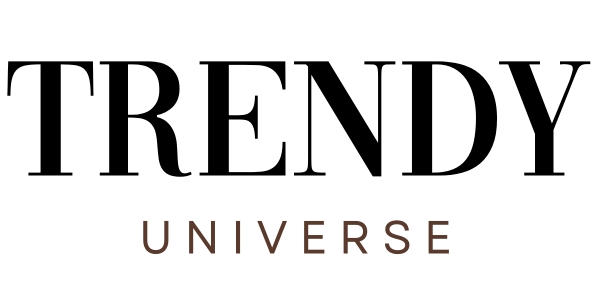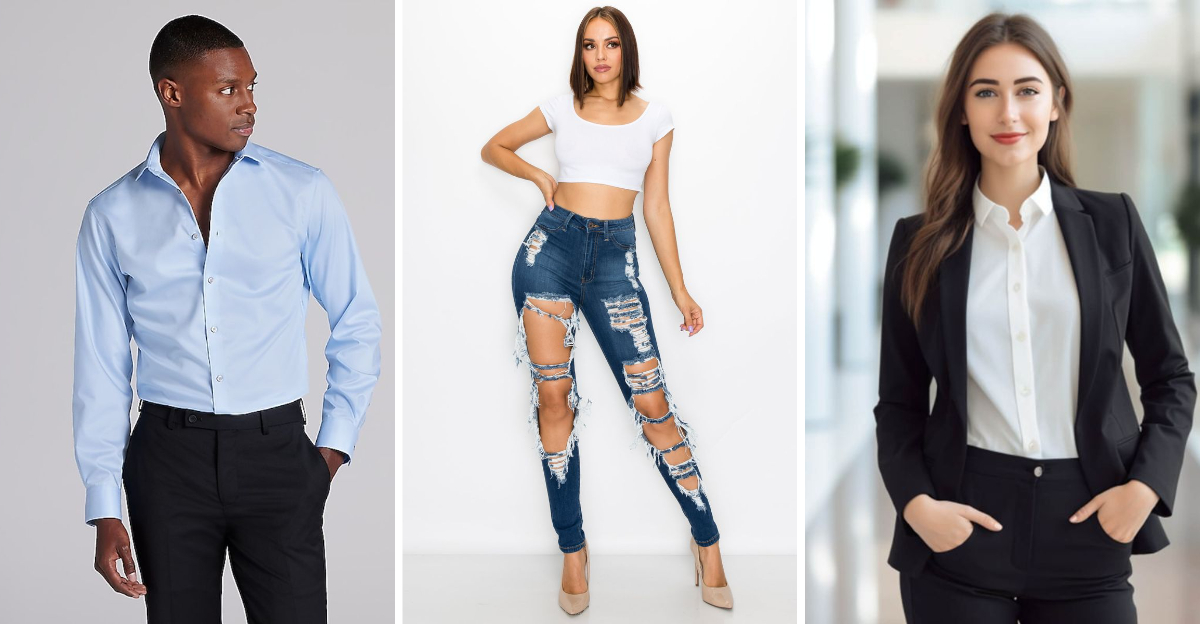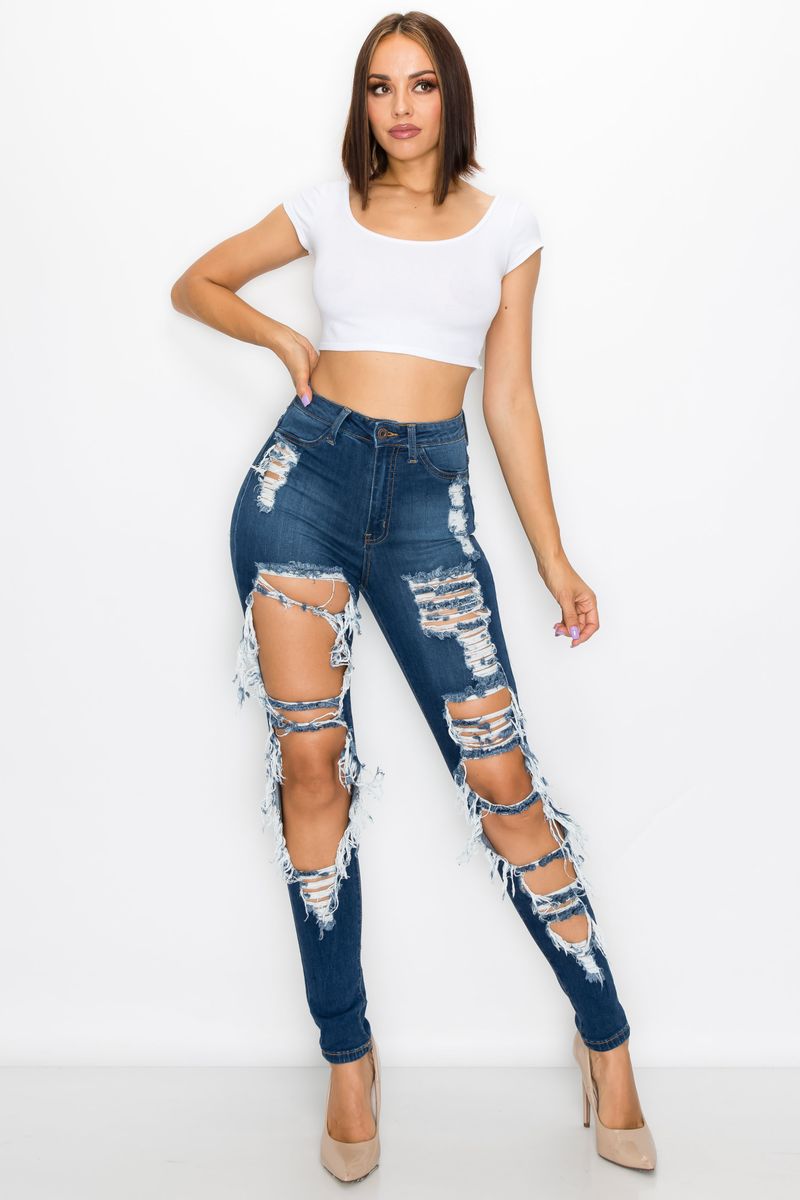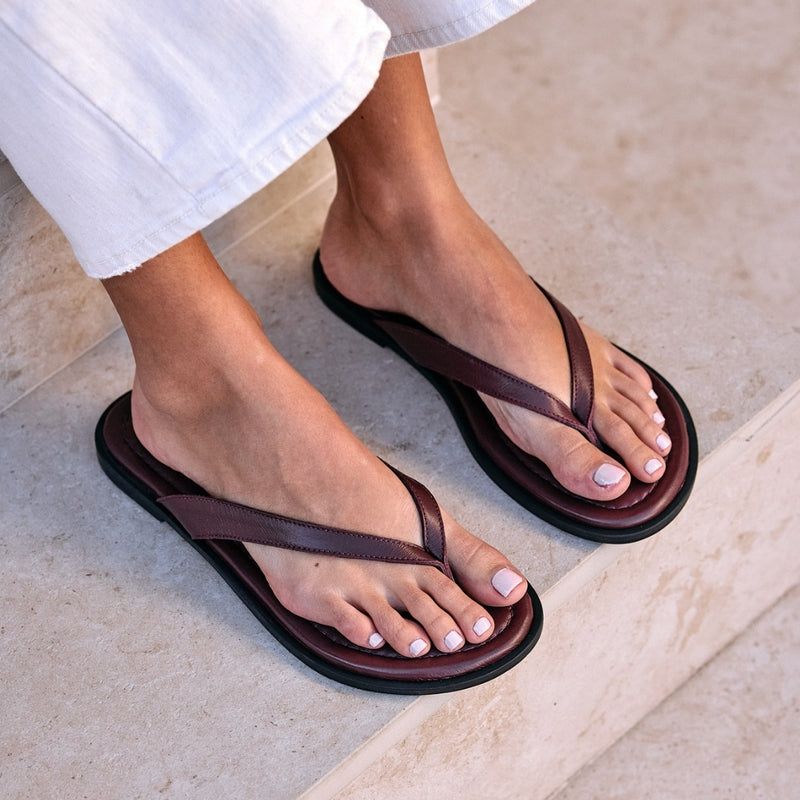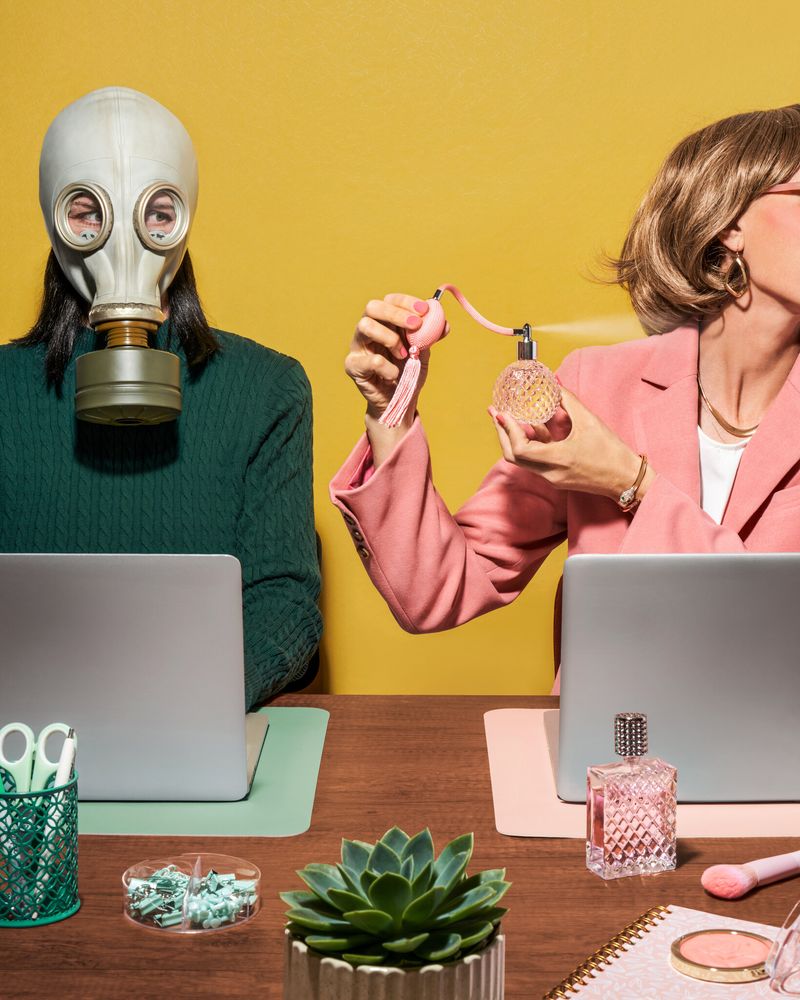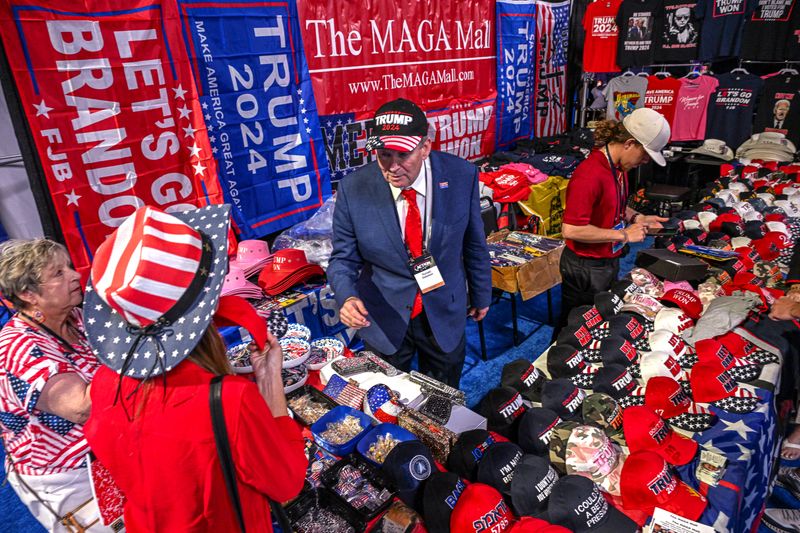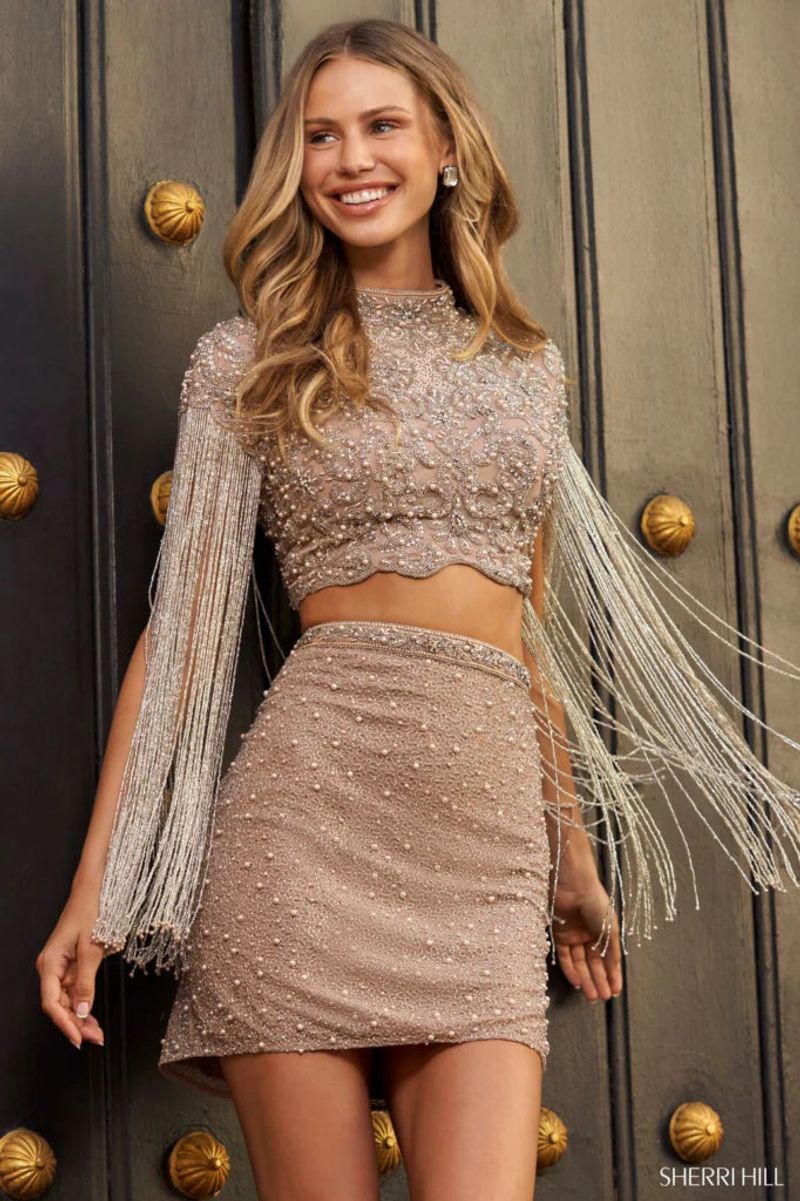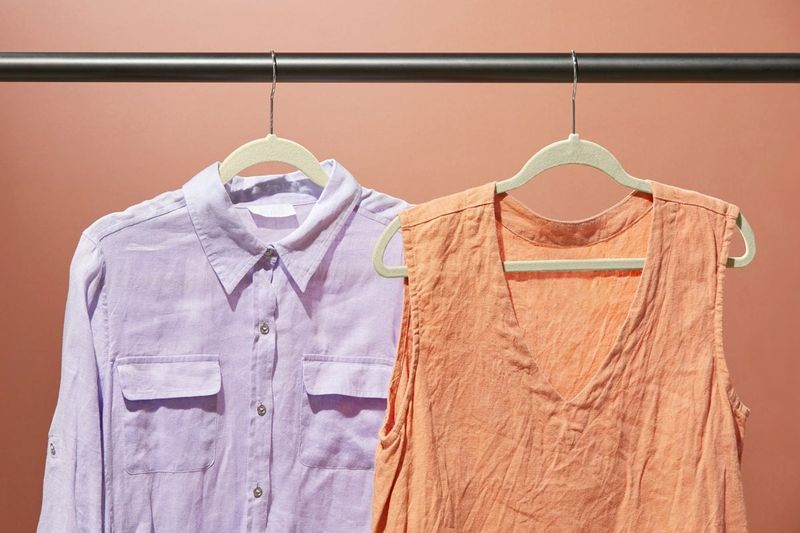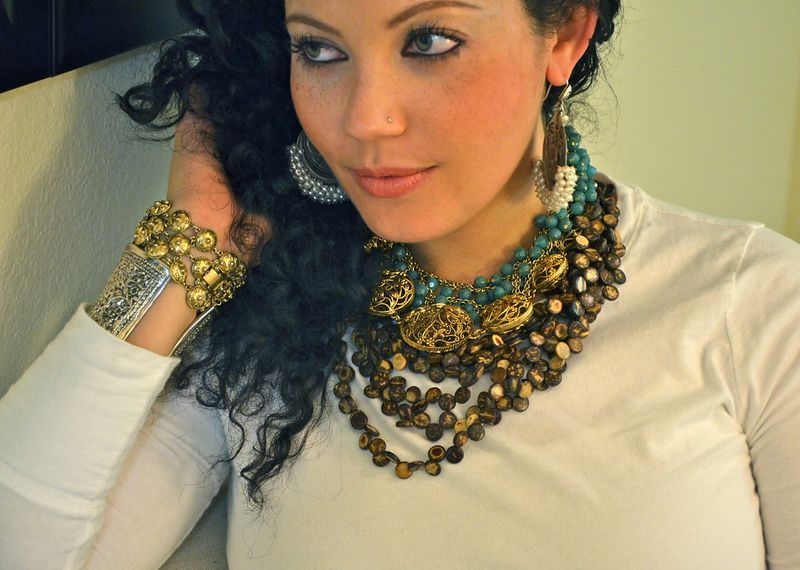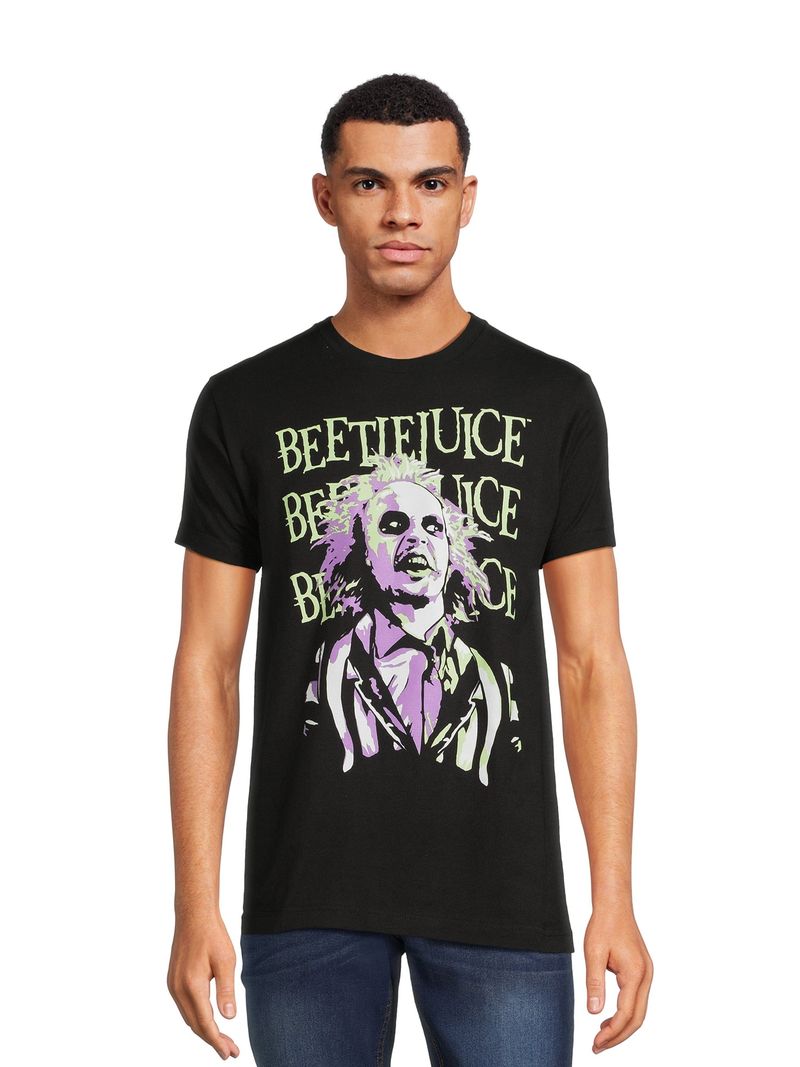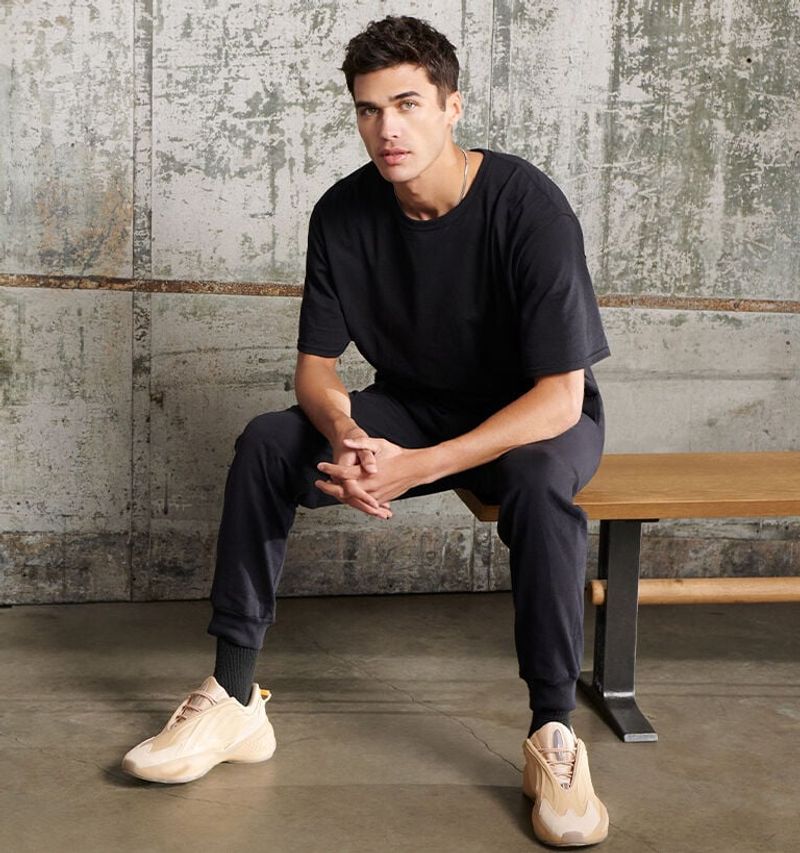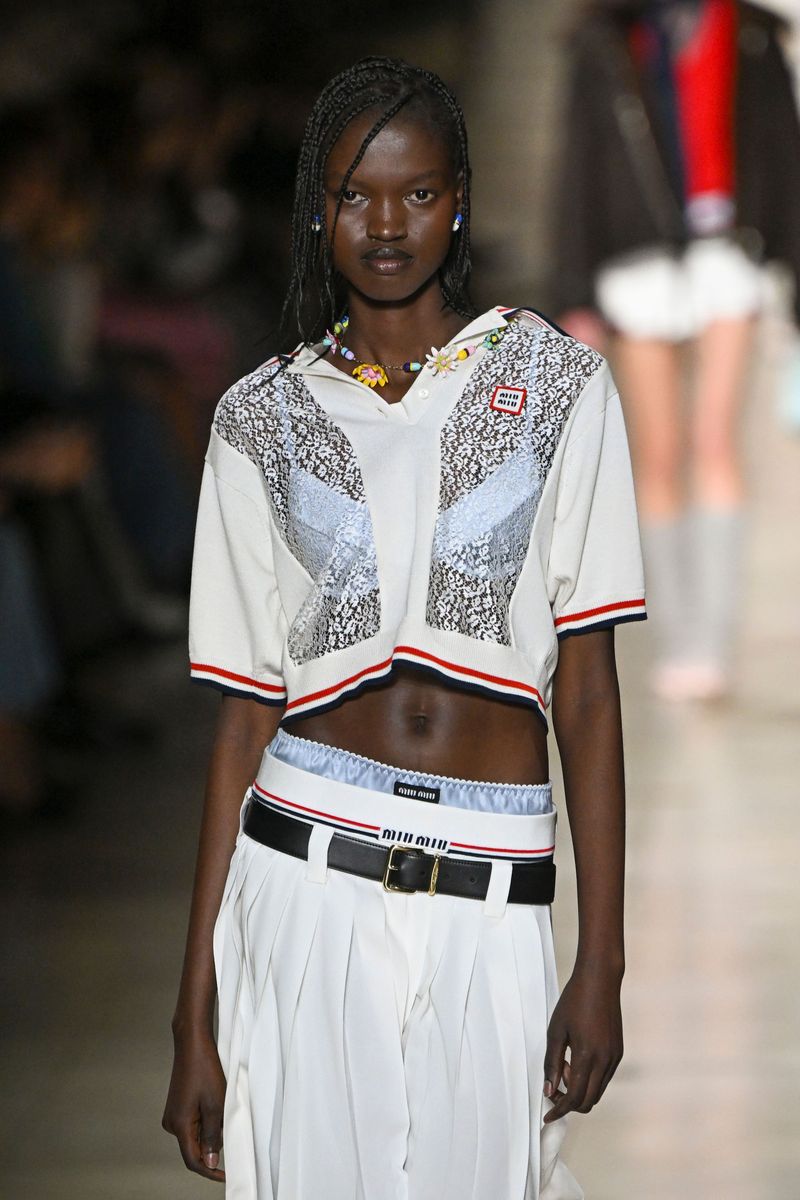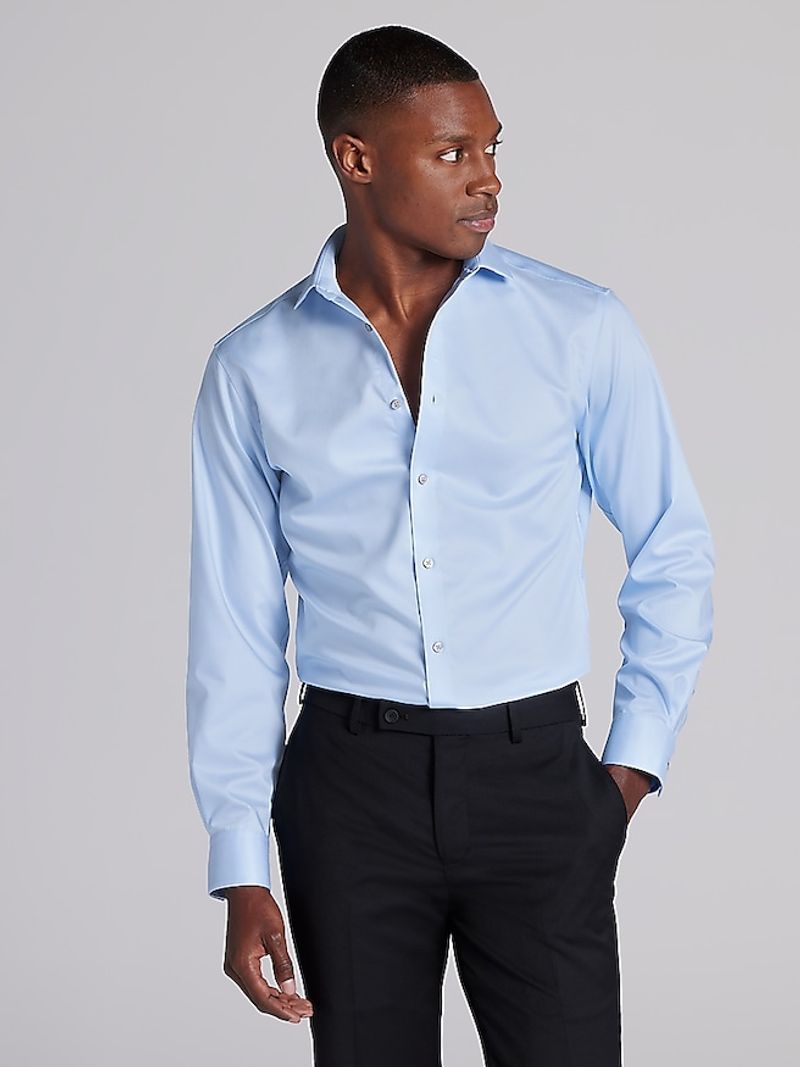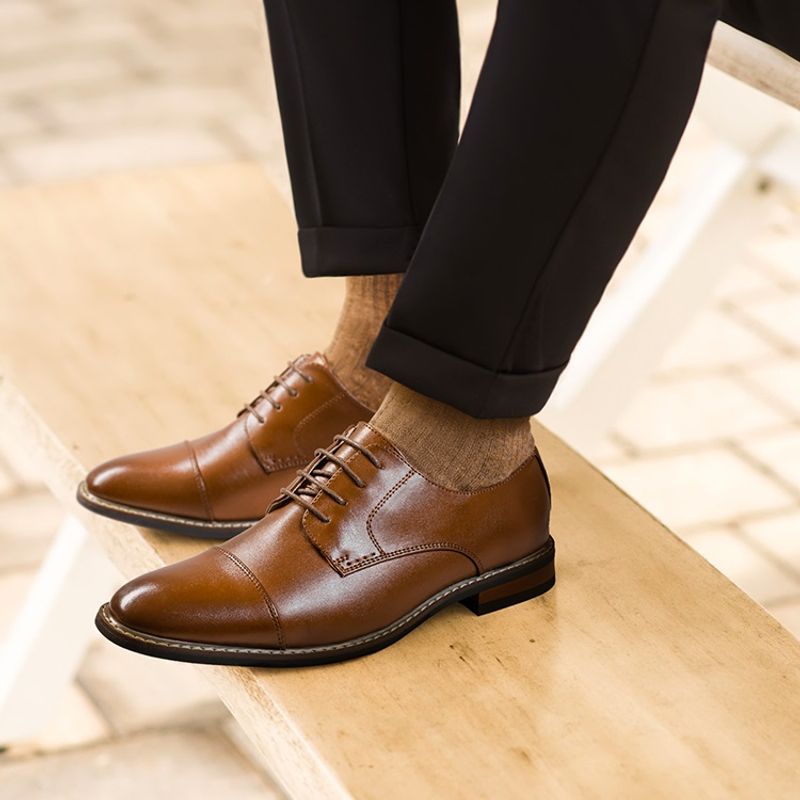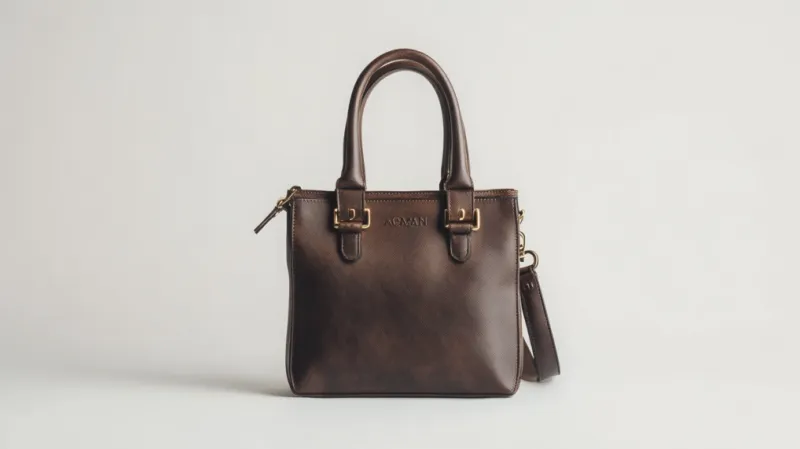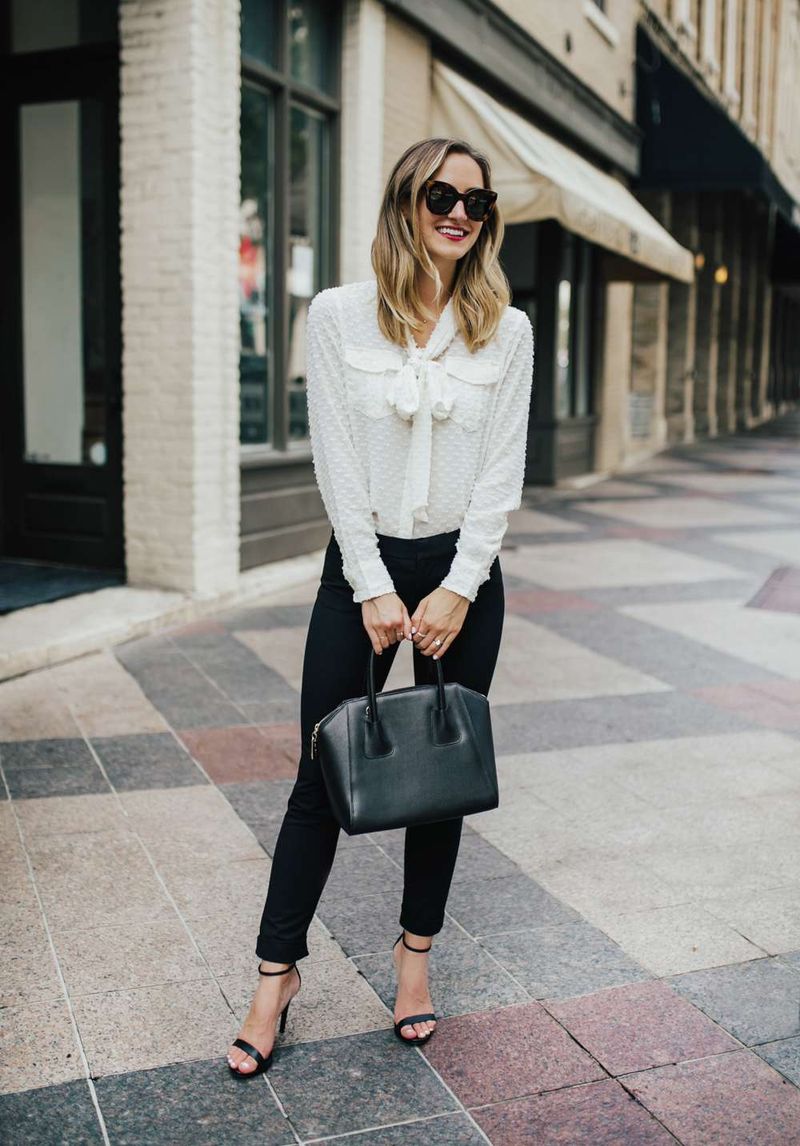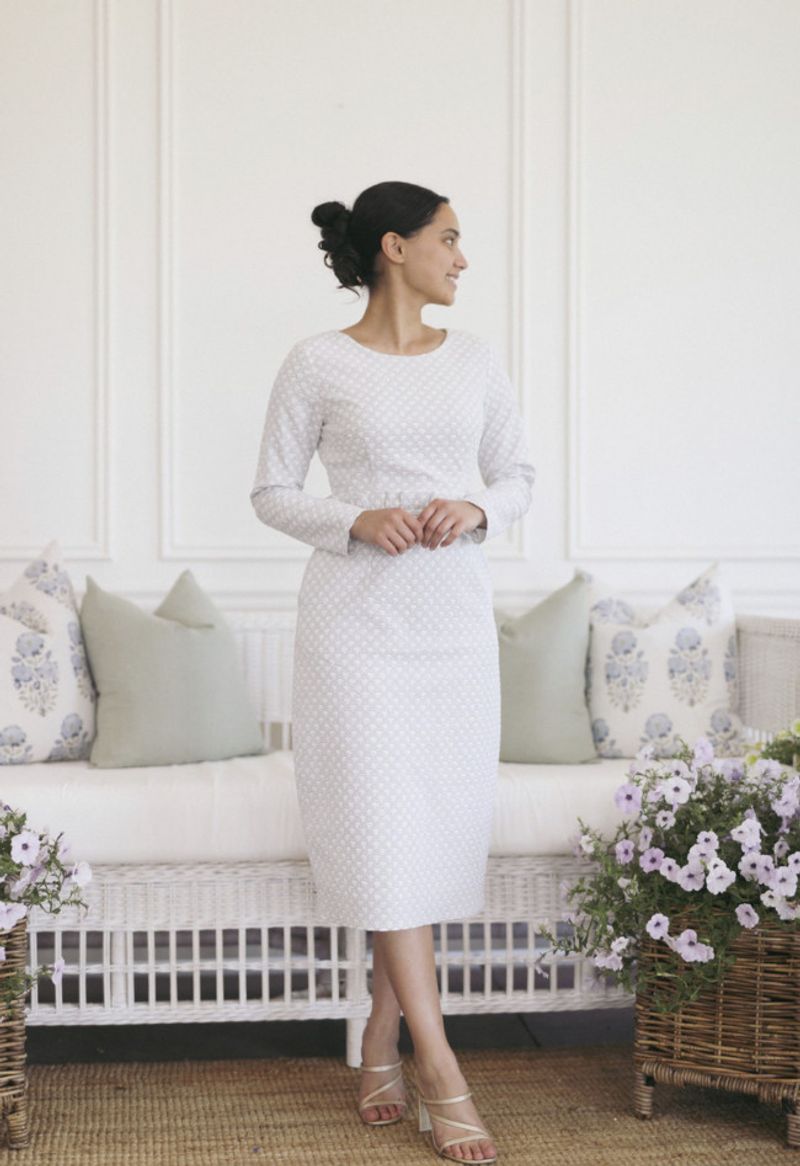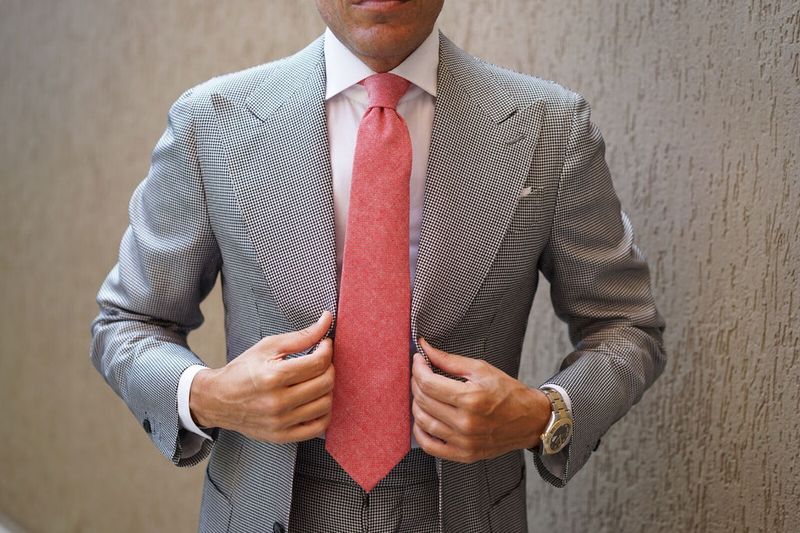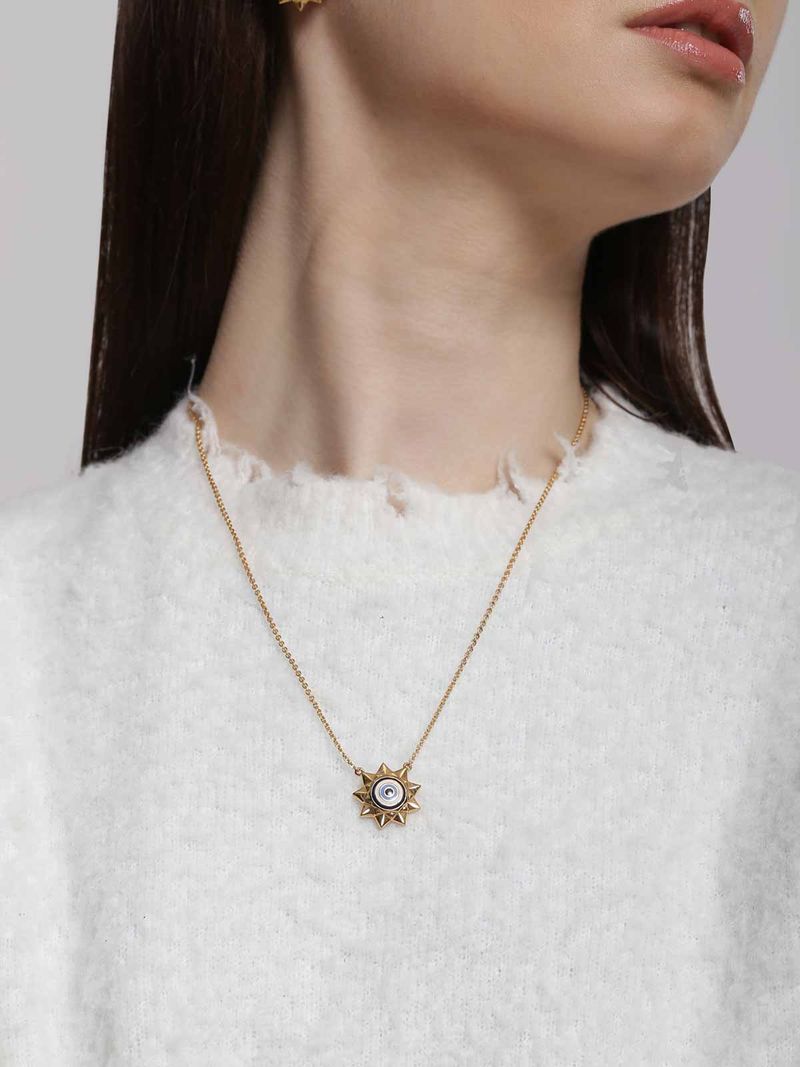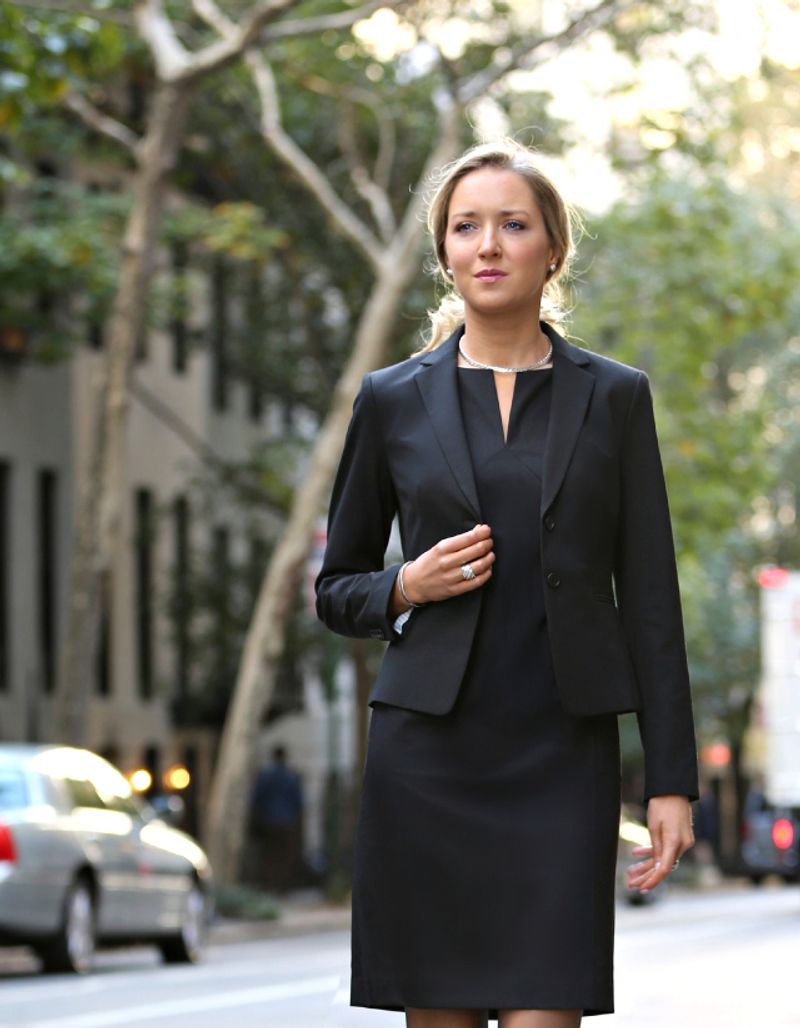First impressions matter, especially when you’re trying to land a new job. Your outfit speaks volumes about your professionalism and how seriously you take the opportunity. Let’s explore what to avoid and what to embrace when dressing for that all-important job interview.
1. Ripped Jeans Scream ‘I Don’t Care’
Those trendy distressed jeans might look cool for weekend brunches, but they send the wrong message in professional settings.
Even if the workplace has a casual vibe, showing up with holes in your pants suggests you don’t respect the interview process. Save your fashion-forward denim for after you get the job.
2. Flip-Flops Flop Every Time
Beach-ready footwear has no place in a professional interview. The casual, noisy slapping sound as you walk announces your lack of judgment before you even sit down.
Hiring managers notice everything, including your toes. Proper footwear shows you understand workplace expectations and take the opportunity seriously.
3. Overwhelming Perfume or Cologne
Strong scents can trigger allergies or simply overwhelm the interviewer in a small room. Your fragrance shouldn’t enter the room before you do.
Many workplaces now have scent-free policies. A subtle, clean smell is fine, but bathing in perfume creates a lasting impression for all the wrong reasons.
4. Political Statement Clothing
Campaign shirts, politically charged slogans, or controversial messages create unnecessary risk. You never know the interviewer’s personal views.
Keep your outfit neutral and save your opinions for appropriate settings. The interview is about your qualifications and fit for the role, not your political stance.
5. Nightclub Attire Makes Day Mistakes
Super tight dresses, low-cut tops, or flashy clubwear send confusing signals about your understanding of workplace norms. Save the sequins and revealing cuts for evening events.
Professional environments require appropriate coverage and modest styling. Your skills should be what catches attention, not your party wardrobe.
6. Wrinkled Disaster Zones
Clothing that looks like it was pulled from the bottom of a laundry pile suggests disorganization and lack of preparation. Wrinkles scream that you didn’t care enough to iron.
Invest in a steamer or iron before your interview day. Pressed, neat clothing demonstrates attention to detail – a quality employers value in candidates.
7. Distracting Accessory Overload
Jangling bracelets, oversized earrings, or chunky necklaces can pull focus from what you’re saying. Accessories should complement your outfit, not compete with your words.
Interviewers may remember your clanking jewelry instead of your qualifications. Opt for subtle, minimal pieces that add polish without creating distractions.
8. Casual Graphic Tees Tell The Wrong Story
Your favorite band shirt or funny slogan tee might express your personality, but they don’t express professionalism. Even creative industries expect interview attire to show some formality.
Save the character shirts and witty phrases for weekend wear. An interview warrants clothing that communicates serious career intentions.
9. Athletic Wear That Doesn’t Work
Yoga pants, gym shorts, or sports jerseys signal you’re ready for a workout, not workplace success. Even in casual environments, activewear appears too relaxed for interview settings.
Leggings and performance fabrics lack the structure of proper business attire. Your clothing should show you’re prepared to work, not work out.
10. Visible Underwear Undermines Credibility
Bra straps peeking out, visible boxer shorts, or panty lines create awkward impressions. Proper undergarments should remain exactly that – under your garments.
Test your outfit by moving around before interview day. Appropriate foundation pieces ensure your clothing lays properly and stays professional when you sit, stand, or walk.
11. Crisp Button-Down Shirts Open Doors
A well-fitted, freshly pressed button-down shirt provides the perfect foundation for interview success. White, light blue, or subtle patterns work across industries.
Quality matters more than brand names. Look for wrinkle-resistant fabrics that maintain their shape throughout your interview day. This versatile staple pairs with almost any professional bottom.
12. Tailored Blazers Elevate Everything
A well-fitted blazer instantly upgrades any outfit, signaling competence and attention to detail. Navy, charcoal, or black options offer maximum versatility.
Shoulder seams should align with your actual shoulders. Sleeve length should hit at your wrist bone. Even with jeans in creative fields, a quality blazer demonstrates you understand professional expectations.
13. Polished Leather Shoes Step Up Your Game
Clean, scuff-free leather shoes ground your professional appearance. Classic oxfords, loafers, or modest heels in neutral colors complement any interview outfit.
Comfort matters too – avoid brand new shoes on interview day. Well-maintained footwear signals attention to detail and preparation. Hiring managers often notice shoes as indicators of overall professionalism.
14. Structured Handbags Or Portfolios Organize Success
A sleek leather portfolio or structured handbag keeps your materials organized while adding polish to your appearance. Avoid oversized totes or backpacks that appear casual.
Choose something that holds your resume, notepad, and pen without looking stuffed. This accessory demonstrates preparedness and organizational skills before you say a word.
15. Tailored Trousers Create Powerful Foundations
Well-fitted dress pants in neutral colors provide versatility across interview settings. The proper length should break slightly at your shoes without pooling fabric.
Avoid tight-fitting styles that restrict movement. A comfortable, tailored fit allows confidence in your posture and movement. Quality trousers in wool blends offer the most professional appearance.
16. Modest Dresses Project Polished Confidence
A knee-length sheath dress in a solid color offers elegant simplicity perfect for interviews. The streamlined silhouette appears put-together without trying too hard.
Look for comfortable, wrinkle-resistant fabrics that maintain their shape throughout the day. Adding a blazer creates a suit-like effect that works in even the most formal environments.
17. Quality Ties Make Memorable Impressions
A silk tie in a conservative pattern adds personality while maintaining professionalism. The width should match your lapels for proper proportion.
The tip should hit at your belt buckle – not too long or short. While solid colors offer safest choices, subtle patterns can showcase attention to detail without becoming distractions.
18. Subtle Jewelry Accents Without Overwhelming
Minimal, quality jewelry adds polish without distraction. Small earrings, a simple necklace, or a classic watch signals attention to detail.
Avoid pieces that make noise when you move or gesture. The best interview accessories enhance your appearance without drawing focus from your words. When in doubt, less is more.
19. Neat Grooming Frames Your Professional Image
Fresh haircuts, clean nails, and subtle makeup create the foundation for interview success. Grooming communicates self-respect and understanding of professional expectations.
Avoid experimental styles right before interviews. Neutral nail polish, natural-looking makeup, and controlled hairstyles ensure your qualifications – not your appearance – remain the focus of conversation.
20. Perfectly Fitted Skirt Suits Command Respect
A well-tailored skirt suit in navy, black, or charcoal gray projects instant authority. The skirt should hit at or just above the knee for appropriate coverage.
Jacket sleeves should end at your wrist bone. This classic combination works across industries and seniority levels. Quality construction ensures your outfit moves comfortably during introductions and transitions.
